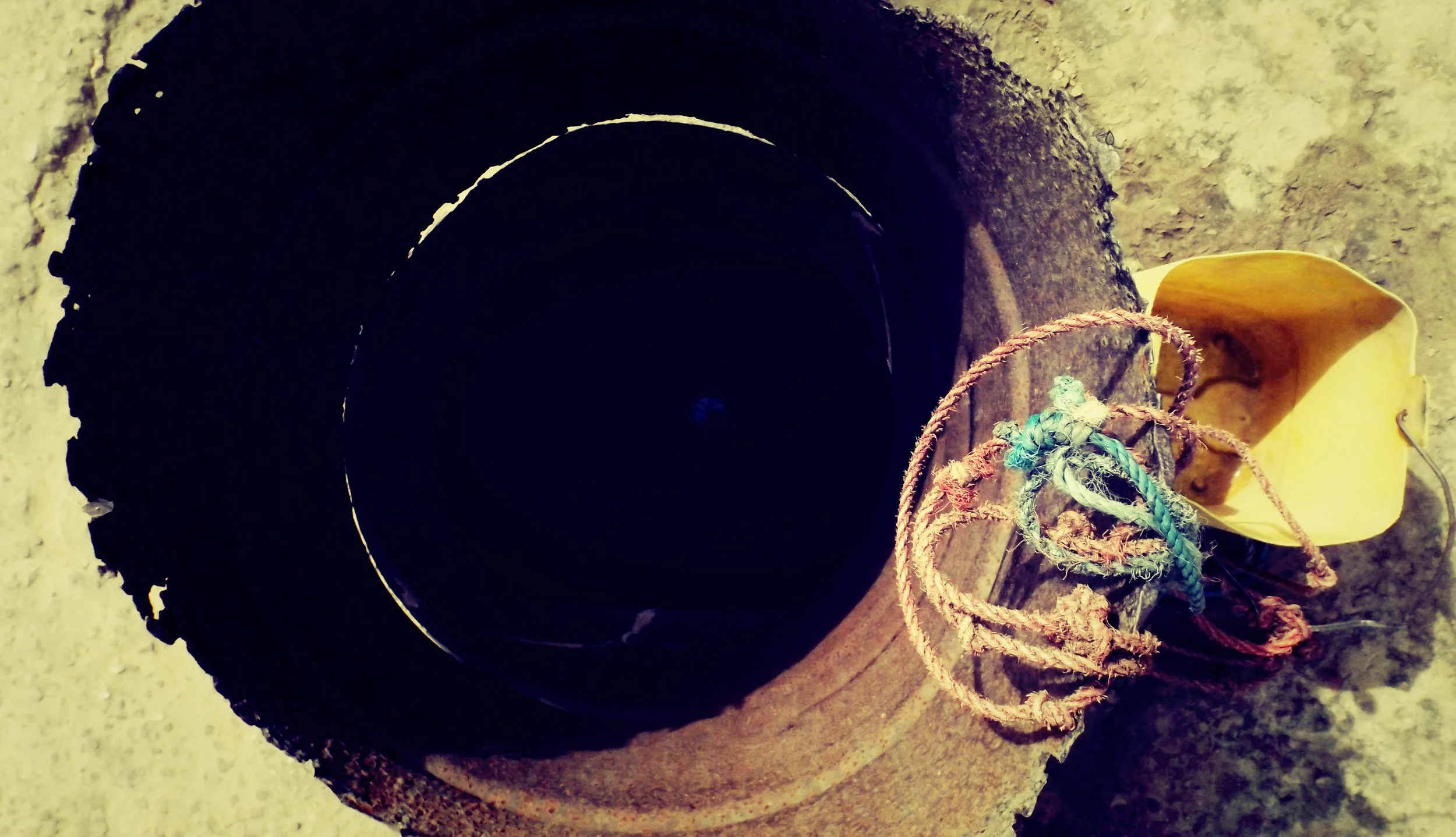
About Fountain of Life
Our mission
Fountain of Life's mission is to bring affordable, sustainable, safe drinking water, improved hygiene and sanitation to those who have access to only unimproved facilities through appropriate technologies and education. Focusing mainly but not exclusively on Sub-Saharan West Africa.
“Thank you for your help. Thanks to you, the cases of stomach sicknesses and Diarrhea have greatly reduced. The face of the Mpack school has changed and some students have already installed Tippy Taps at their homes.”
— Antoine Diatta, Teacher
The problem
Clean, accessible water for all is an essential part of the world we want to live in and there is sufficient fresh water on the planet to achieve this.
However, due to bad economics or poor infrastructure, millions of people including children die every year from diseases associated with inadequate water supply, sanitation and hygiene.
Water scarcity, poor water quality and inadequate sanitation negatively impact food security, livelihood choices and educational opportunities for poor families across the world.
At the current time, more than 2 billion people are living with the risk of reduced access to freshwater resources and by 2050, at least one in four people is likely to live in a country affected by chronic or recurring shortages of fresh water.
2BN
people in the world are living with reduced access to freshwater resources
25%
of people globally are likely to be affected by chronic or recurring shortages of fresh water by 2050
Water
663 million people - 1 in 10 - lack access to safe water, including 159 million dependent on surface water.
Globally, at least 1.8 billion people use a drinking-water source contaminated with faeces.
Contaminated water can transmit diseases such diarrhea, cholera, dysentery, typhoid and polio. Contaminated drinking-water is estimated to cause 502,000 diarrheal deaths each year.
Sanitation
2.4 billion people still do not have access to basic sanitation facilities such as toilets or latrines. [4]
Of these, 946 million still defecate in the open, for example in street gutters, behind bushes or into open bodies of water. [4]
Poor sanitation is linked to transmission of diseases such as cholera, diarrhea, dysentery, hepatitis A, typhoid and polio.
Hygiene
Hand-washing with soap at critical times – including before eating or preparing food and after using the toilet – can reduce diarrhea rates by more than 40%.
Hand-washing with soap has been cited as one of the most cost-effective interventions to prevent diarrhea related deaths and disease.
Rates of hand-washing around the world are low. Observed rates of hand-washing with soap at critical moments – i.e, before handling food and after using the toilet – range from zero per cent to 34 per cent.
Our solution
Education
People are more likely to improve their water, sanitation and hygiene practices if they understand the relationship between these three areas and health. Through education, we aim to increase knowledge and further motivate people to take action for themsleves.
Appropriate technology
Appropriate technologies are central to all that we do. Solutions are effective, accessible, low-cost and easy to implement.
Appropriate technology must be simple enough that it can be managed directly and on a local level, making use of skills, technology and materials that are available in the local community.
Multiplication
In order to have a longer lasting, further reaching impact, we aim to train and teach reliable and competent men and women who will then be competent to train and teach others.
Who benefits
The poor
2.2 billion people around the world still lack access to safely managed drinking water, including 785 million without access to a basic drinking water service.
Women and girls
Women and girls are responsible for water collection in 80 per cent of households without access to water on premises.
Children
Each day, nearly 1,000 children die due to preventable water and sanitation-related diarrheal diseases.
School children
443 million school days are lost each year due to water-related illnesses.
Our projects
Low-cost boreholes
Fountain of Life is dedicated to bringing a sustainable source of safe water to those in need. The primary focus of our work is centered on offering individuals and/or families the ability to own their own borehole, which creates not only dignity but long term….
Learn more
Project 52
In 2021 we set ourselves the target of installing 52 new boreholes equipped with handpumps that would provide access to safe water to approximately 5,000 people in the Casamnce region of Senegal.
Over the course of 12 months we not only hit our target but we surpassed it by completing….
Learn more
Project 100
The goal of Project 100 is to instal another 100 boreholes providing access to safe water for approximately 10,000 people. At the same time we aim to double our workforce by recruiting and training a second installation team. We also want to….
Learn more
Tippy Tap
Hand washing with soap saves lives, and yet this life saving, low cost act is rarely practiced and difficult to promote.
The tippy tap is a hands free way to wash your hands that is especially appropriate for rural areas where there is no running water.





